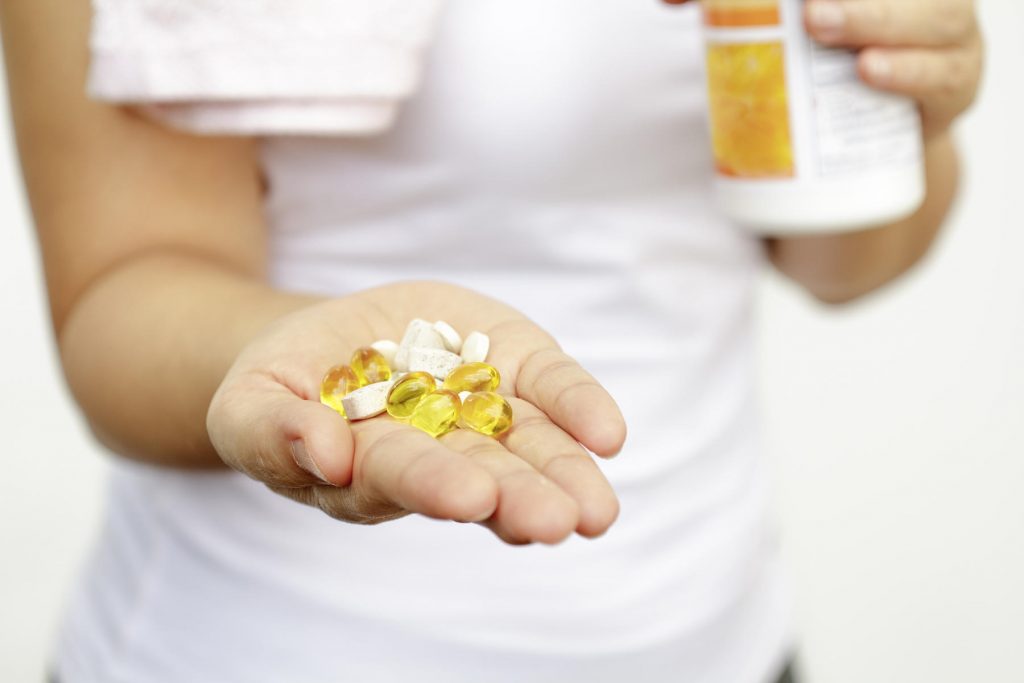
You will need plenty of minerals and vitamins during your pregnancy so eating a healthy and varied diet will help you to get most of the vitamins and minerals you need. It crucial to eat a well-balanced diet. As your baby and you will be needing the additional minerals and vitamins. Normally its best that you get the minerals and vitamins from the food you eat but when you are pregnant you are required to take additional supplements. You may find it hard to eat anything at all if you are suffering from nausea and sickness. So if that is the case, a multivitamin taken during pregnancy can be handy stop-gap until the morning sickness eases off which contains the nutrients you usually get from a healthy diet. Based on a very extensive research, the most important nutrients can be obtained from iron, folic acid, calcium and vitamin D.
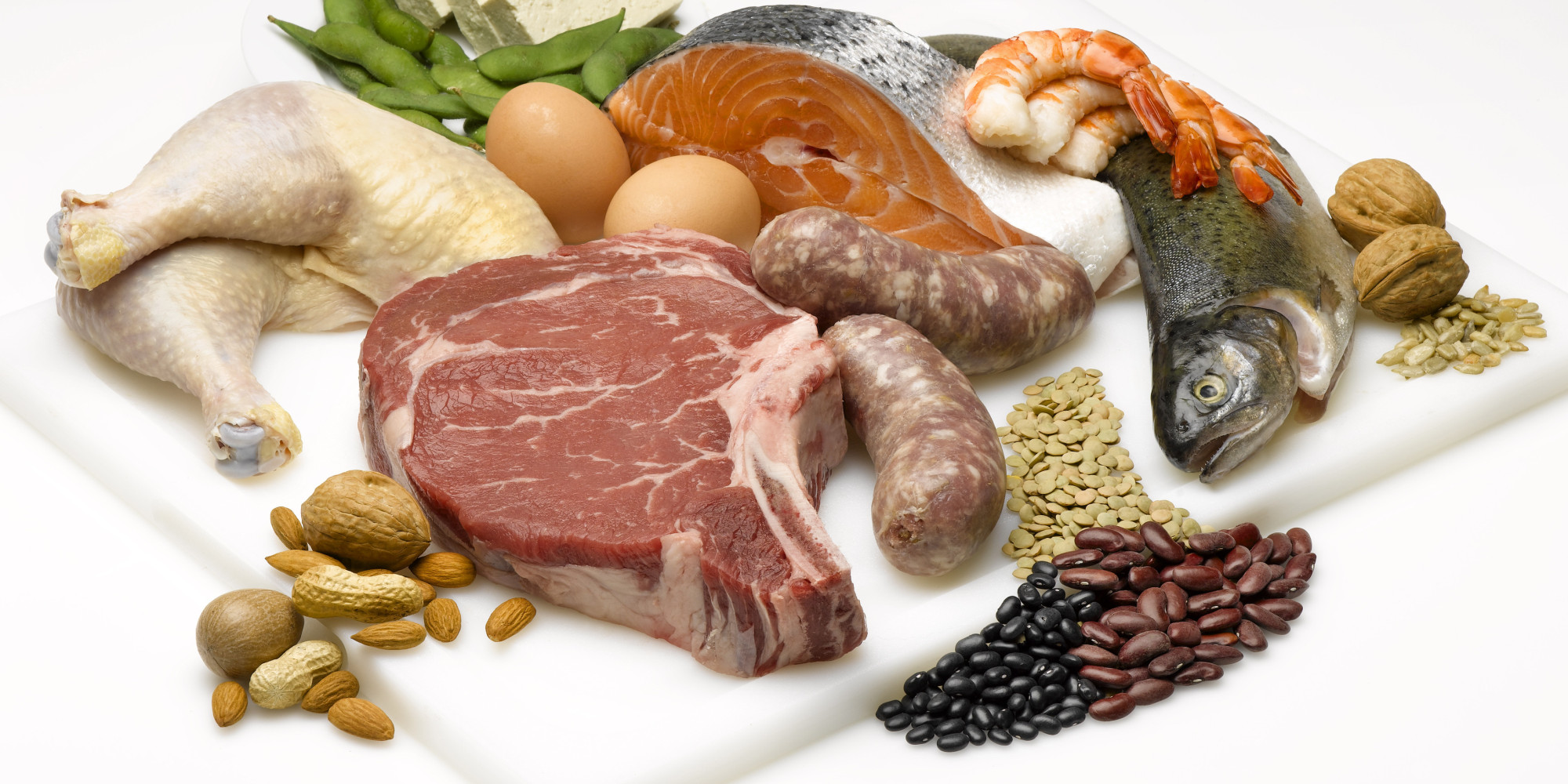
Iron is crucial during pregnancy as it helps your blood to carry oxygen all over your body. And to support your baby, the amount of blood you have is increasing all the time. You can see that most of the pregnancy multivitamins consist Iron. Unless advised by your doctor, you won’t need to take any a separate iron supplement.
Just to make sure that you are getting enough iron, your doctor will be carrying out routine blood test. She may prescribe iron supplements in case if she finds that you have iron-deficiency anaemia or that you are low on iron.
It is unlikely that you take iron supplement to benefit your baby’s health and your health if your doctor thinks your iron levels are fine. Massive stomach pain and constipation is induced if you happen to take too much iron. Intake of fortified cereals, leafy green vegetables, pulses, nuts and meats should get you all the iron you need. Many of the breakfast cereals have iron added to it. Your GP or midwife will advise you to take iron supplements if the iron level in your blood becomes low, your GP or midwife will advise you to take iron supplements.
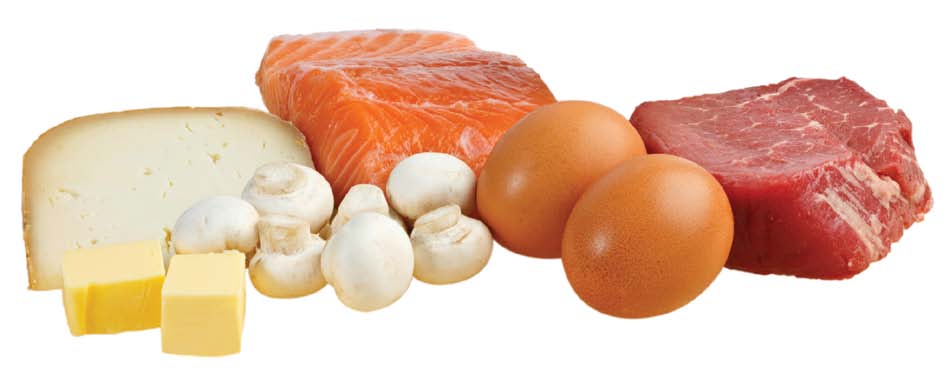
To keep your muscles, teeth and bones healthy, Vitamin D adjusts the amount of calcium and phosphate in the body. Including breastfeeding and pregnant women, all adults will need 10mg of vitamin D per day. If you can’t manage to get these amount of vitamin D in your system you should consider taking a supplement carrying this amount.
When your skin gets exposed to summer sunlight, our bodies make vitamin D. It’s not clear that how much time will it take to produce enough vitamin D that your demands. Make sure you take cover if you are out in the sun before you start to turn red or burn. Some foods like eggs, red meat and oily fish contains plenty of vitamin D. In all the infant formula milk and also in some breakfast cereals, non-dairy milk alternatives and fat spreads Vitamin D is added. It might only be added in small amounts and the amounts added to these products can vary. It might be difficult to get enough from foods alone, as vitamin D is found only in a small number of foods, whether naturally or added. Everyone above the age of five years including breastfeeding and pregnant woman should be taking considerable amount of supplement containing 10mcg of vitamin D.
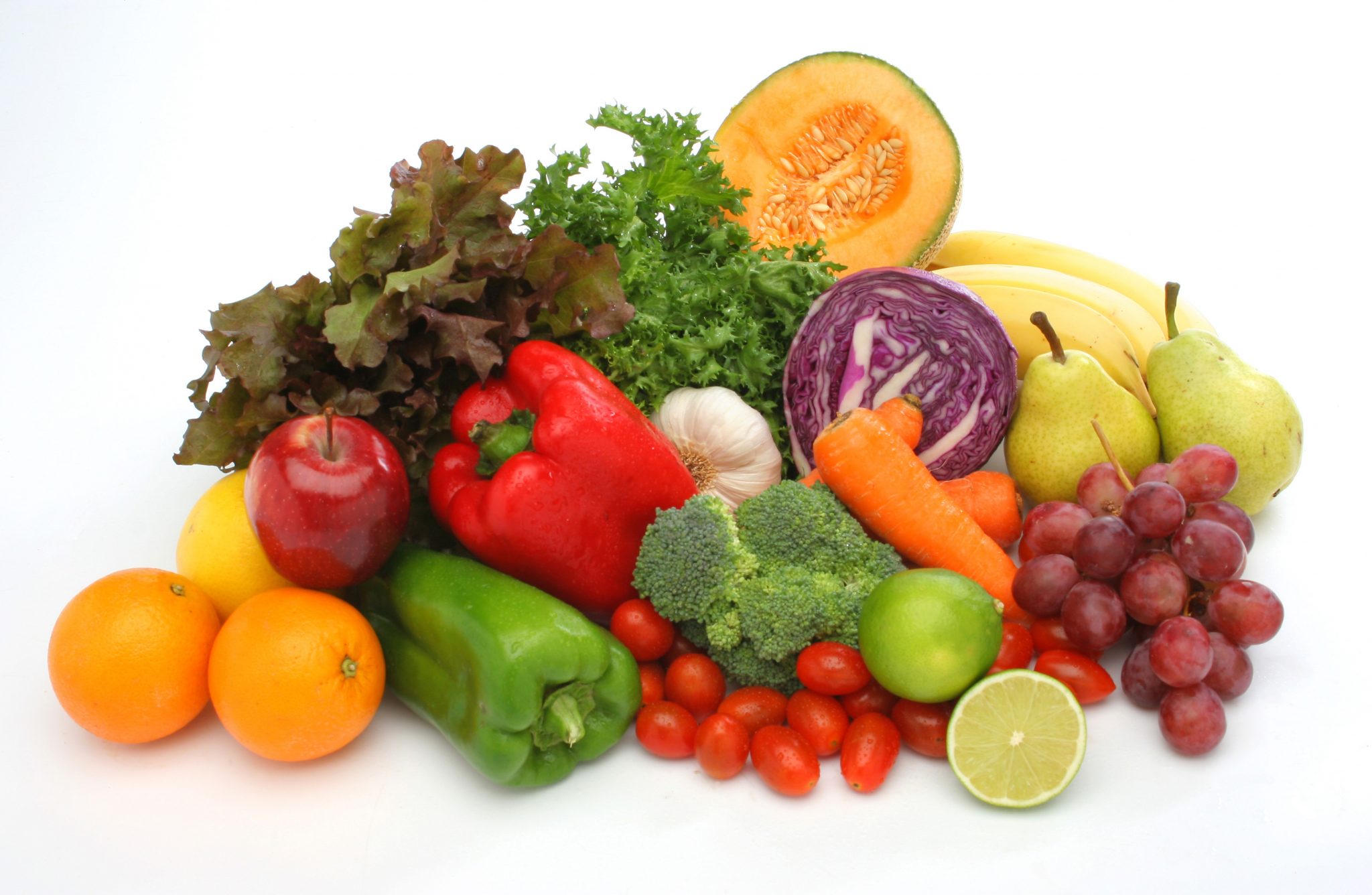
The folic acid can help to prevent birth defects namely neural tube defects comprising spina bifida. So it is also crucial and can’t be ignored during pregnancy. While you are trying to get pregnant and until you are 12 weeks pregnant, you should be taking a 400mcg folic acid tablet every day. If you missed out on taking folic acid before you got pregnant, hurry as soon as you find out that you are pregnant.
The natural form of folic acid is known as folate which is contained in certain food items like brown rice and green leafy vegetables. The folic acid is added to some fat spreads and breakfast cereals such as margarine. It is hard to obtain the amount of folate advised for pregnancy from food alone and that is why it is crucial to take a folic acid supplement.
The increased risk of having a pregnancy affected by a neural tube defect is seen in most woman now a days and they are advised to take a higher dose of 5 milligrammes (mg) of folic acid each day until 12 weeks of pregnancy.
Some women have an increased risk of having a pregnancy affected by a neural tube defect, and are advised to take a higher dose of 5 milligrammes (mg) of folic acid each day until they are 12 weeks pregnant. In addition, women who are taking anti-epileptic medication should consult their GP for advice, as they may also need to take a higher dose of folic acid.
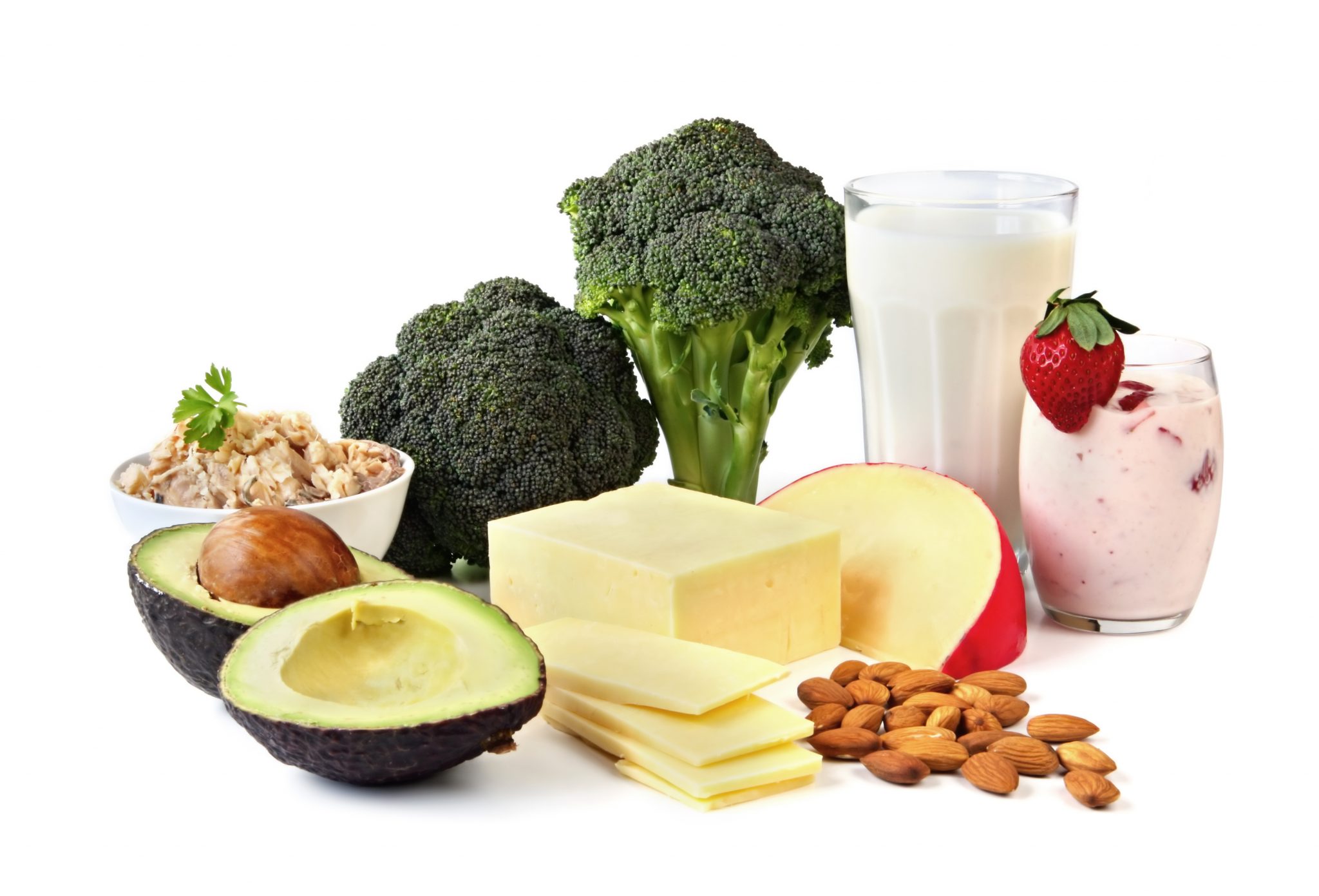
Calcium is vital for making your baby’s bones and teeth. Dairy products and fish with edible bones – such as sardines – are rich in calcium. Breakfast cereals, dried fruit – such as figs and apricots – bread, almonds, tofu (a vegetable protein made from soya beans) and green leafy vegetables – such as watercress, broccoli and curly kale – are other good sources of calcium.
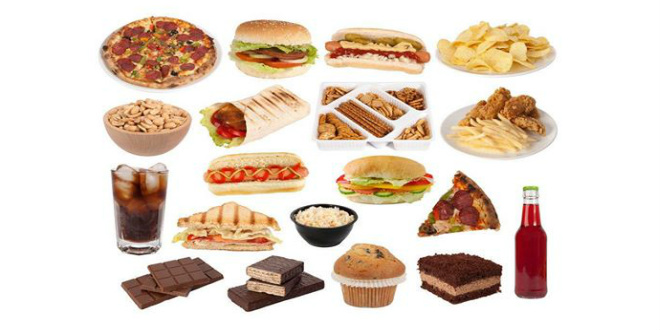
You should avoid retinol, the animal form of vitamin A, because it’s toxic to unborn babies in large doses. Don’t be tempted to buy a general multivitamin instead of one specifically for pregnant women. Although they may be cheaper, they may contain retinol. Pregnancy multivitamins often don’t contain vitamin A at all. But if they do it will be the type that occurs in plants (beta-carotene), which is safe for your baby.
It is the most powerful creation to have life growing inside of you.There is no bigger gift